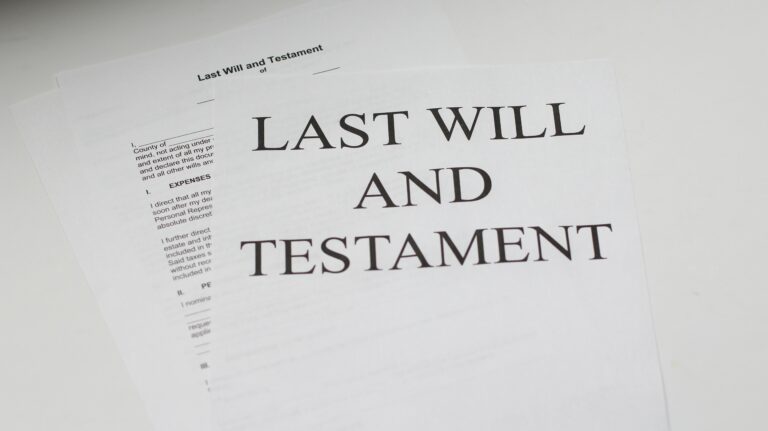
How a Teen’s $250,000 Inheritance Vanished: Protect Your Heirs with a Trust
Imagine being a teenager and suddenly having $250,000 in your hands the instant you become a legal adult. This isn’t a fairy tale; it’s what happened to a young man in the northwestern suburbs of Illinois who writes about his experience in an article titled, “What blowing a $250K inheritance taught me.” After turning 18, he received a quarter of a million dollars from his mother’s medical malpractice case, which should have set him up for a bright future. Instead, without guidance or a plan, the money was gone in a flash. While many people agree that an 18-year-old is too young to receive a sizable inheritance without guidance, unfortunately, many families make the common mistake of not planning to protect their children from their inheritance. By working with an experienced estate planning professional, parents can create a plan for when and how their children should receive their inheritance should the parents pass away suddenly. An inheritance trust allows families to protect heirs from their inheritance and the inheritance from the heirs.
Huge Mistake: Not Protecting Heirs from the Inheritance
The excitement of having so much money at such a young age is understandable. Our young friend, now with access to his trust fund, embarked on a journey that led from enrolling in two separate universities with no clear direction as to which degree to pursue, to making impulsive purchases and, ultimately, to a lifestyle fueled by partying and bad choices. The lack of a structured plan or financial advice saw this significant inheritance dwindle to nothing over a few short years.
Estate and Financial Planning is Good Parenting
This story isn’t unique. It highlights a common mistake in estate and family financial planning: not preparing heirs to manage their inheritance. More than leaving assets to your loved ones, it’s crucial to guide them on using them wisely. “As my children grow into young adults,” writes the former teen who lost his inheritance, “I can’t in a million years imagine handing them a check for $250,000 with absolutely no advice.”
Trusts Help Protect Heirs
An inheritance trust, also known as a testamentary trust, is essentially a tool to protect and manage assets for beneficiaries. It’s a way to ensure that the money you leave behind is safe and used in a manner that you deem fit and matches your values. Setting up an inheritance trust is a strategic move for families looking to safeguard their wealth and provide for future generations.
Why Choose an Inheritance Trust?
An inheritance trust offers a myriad of benefits:
- Asset Protection: It shields your assets from creditors, lawsuits and even some taxes.
- Controlled Distribution: You can specify how and when your beneficiaries receive their inheritance, promoting responsible spending and long-term financial security.
- Privacy: Unlike wills, trusts are not public records, offering your family privacy during the transfer of assets.
Trusts Offer Strategy for Every Family
Whether it’s protecting your assets from being squandered, as in the cautionary tale of the Illinois teenager, or planning for your family’s future needs, an inheritance trust can be tailored to suit your objectives. It’s about making informed choices today that will support your loved ones tomorrow.
Conclusion
The story of the teenager who lost $250,000 is a powerful reminder of what’s at stake when parents leave their money in outright distributions to children. It’s not just about leaving wealth behind; it’s about leaving a foundation for wise decision-making and financial stability. An inheritance trust can be the guiding light for your heirs, helping them navigate their inheritance responsibly. Contact our estate planning team to discuss how a trust can help secure your family’s future and preserve your legacy as you intend.
Key Takeaways
- Inheritance Planning is Essential: Beyond leaving assets, guiding heirs on managing their inheritance can prevent financial mishaps.
- Protection through Inheritance Trusts: These trusts safeguard assets from potential creditors, irresponsible spending and certain taxes, ensuring that your wealth benefits future generations as intended.
- Education and Communication Are Key: Educating heirs about financial management and openly discussing estate plans can help avoid misunderstandings and ensure that your estate planning goals are met.
References: The Week, originally published on LearnVest.com (Jan. 10, 2015) “What blowing a $250K inheritance taught me.”
SmartAsset (Sept. 19, 2023) “How to Keep Money in the Family With an Inheritance Trust”





